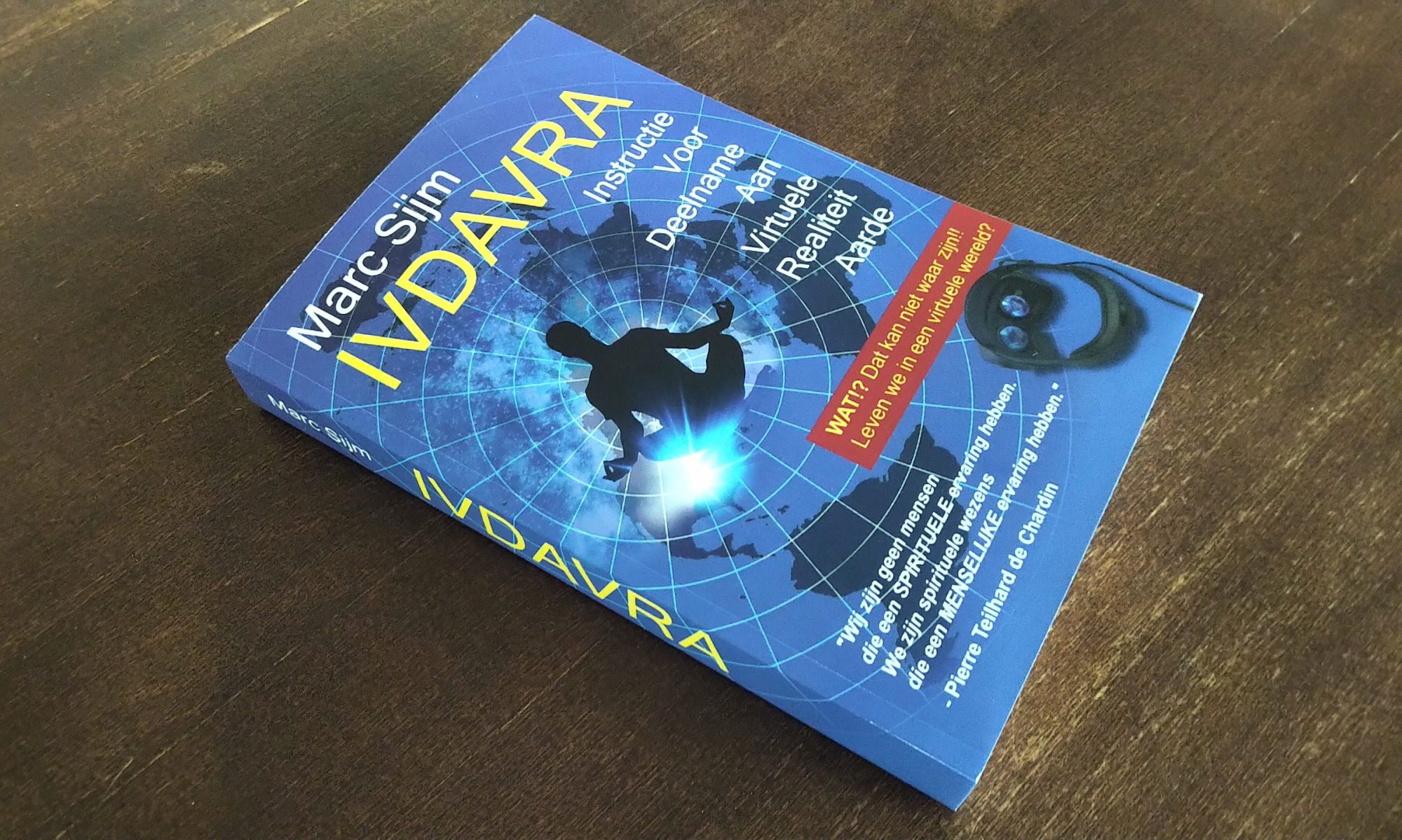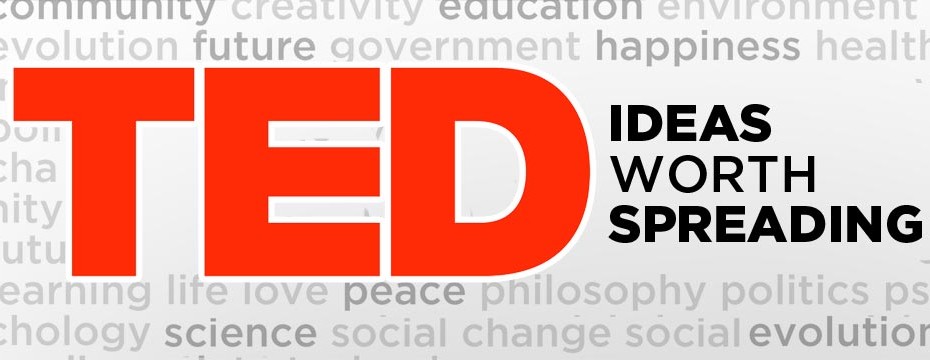There is more and more talk in science about us living in a virtual reality. Even the TedTalks are already talking about this. Some TEDTalks are from as far back as ten years ago.
The scientists who are talking about this theory have not come to their conclusions in the same way.
Today, many scientists agree on one thing. No matter what, in the near future there will be a major “paradigm shift” because the current mainstream science is not moving forward.
Here are some examples of these TedTalks.
Astrophysicist, cosmologist and Nobel Laureate George Smoot studies the cosmic microwave background radiation – the afterglow of the Big Bang. His pioneering research in deep space and time reveals the structure of the universe itself. This TedTalk is titled; You are a simulation and physics can prove it.
As a physicist, Max Tegmark sees people as “food, rearranged.” That makes his answer to complicated questions like “What is consciousness?” simple: It’s just math. Why? Because it’s the patterns, not the particles, that matter. This TedTalk is titled; Consciousness is a mathematical pattern.
How likely is it that we are artificial intelligent beings living in a virtual world? Oleg Maslov shows that this chance is much higher than we think. This TedTalk is entitled; Are we living in a simulation?
In his talk, Navjeet Swatch explains the speculative idea that the world around us is a computer simulation. Navjeet Swatch is a Teacher of Mathematics in his second year at Queen Elizabeth’s School. Navjeet’s interests include astronomy and general science related topics as well as playing tuba in a local amateur orchestra. Are we living in the Matrix?
How real is reality? Are we all collectively deceiving ourselves that the world around us is real? A bit like the movie “The Matrix,” but without the machines at the wheel. It is this baffling thought that Bernardo Kastrup leaves the audience with. Starting with the bi-valent operation of computers – the tool we use to investigate the workings of our own brains – through the definition of logic, Kastrup holds up a mirror that will make many of us think about reality and gives a new direction to what “out of the box thinking” might mean.

